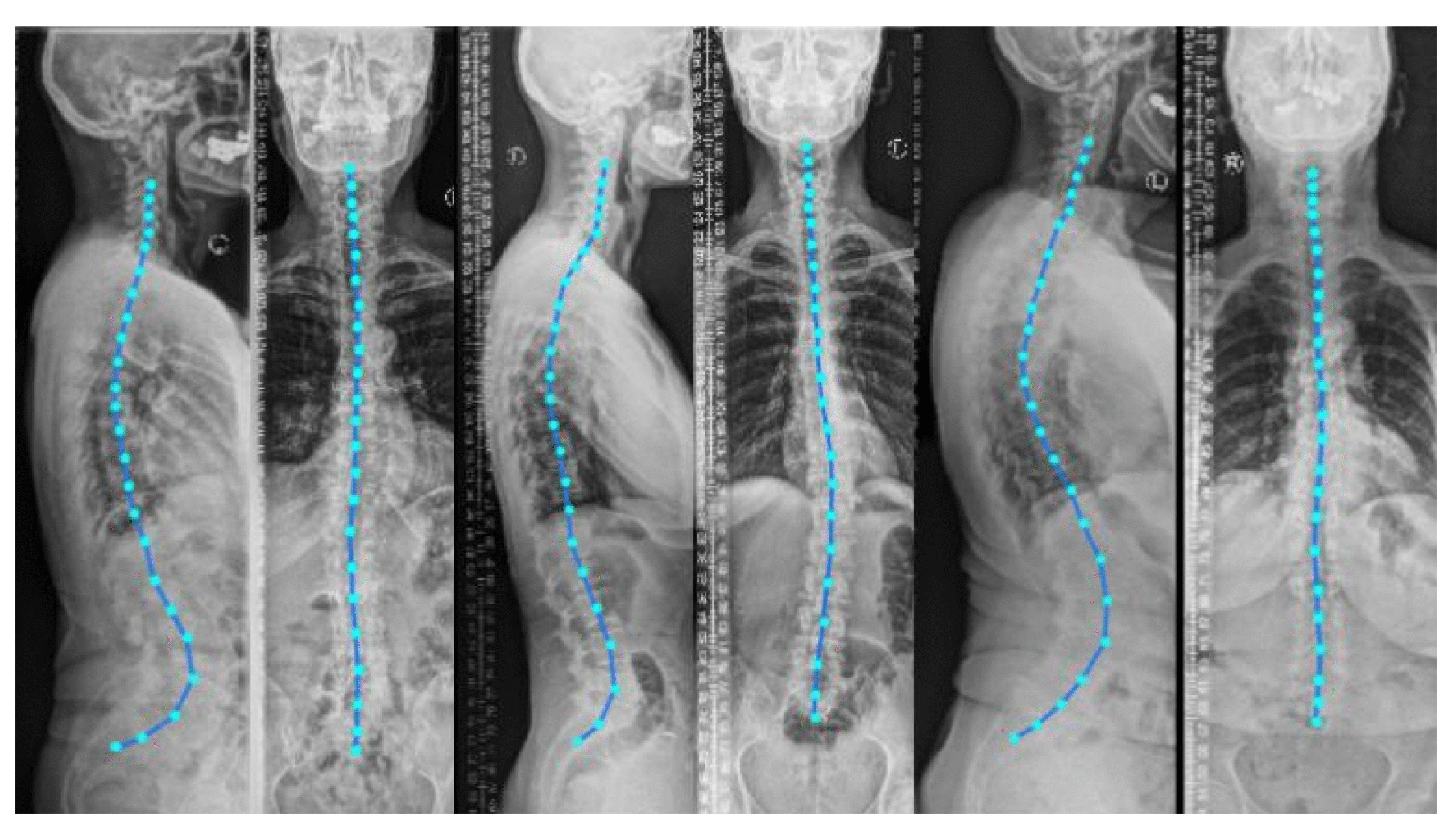Improving Gut Health and Digestion Through Dietary Supplements

Why Gut Health Matters to Overall Wellness
When people talk about good health, digestion is often overlooked—but the gut is at the very center of wellbeing. The gut microbiome, which consists of trillions of microorganisms including bacteria, fungi, and viruses, has a hand in everything from digesting food to producing mood-influencing brain chemicals. Research indicates that an imbalanced microbiome can contribute to issues ranging from minor bloating to more severe conditions, including increased inflammation, immune system challenges, food intolerances, and anxiety.
Scientists have discovered direct communication pathways between the gut and brain, known as the gut-brain axis. Hormones and neurotransmitters produced in the digestive system travel to the brain, affecting mood, stress levels, sleep, and learning. Certain gut bacteria can even produce serotonin, a neurotransmitter linked to happiness and well-being. This underscores why symptoms of gut discomfort—like constipation, abdominal pain, or irritable bowel syndrome—can sometimes overlap with mental health concerns. Addressing gut health is about much more than banishing digestive complaints; it’s central to experiencing vitality and emotional balance each day. That’s why supplements targeting gut flora are more popular than ever, as they offer another avenue for supporting both body and mind.
Common Dietary Supplements for Digestive Support
In the pursuit of improved digestive health, dietary supplements have emerged as key players. Modern lifestyles, processed foods, medications, and chronic stress can all disrupt the gut balance, making supplements a potential ally for many. Among the most effective and widely used are probiotics, which deliver live beneficial microbes; prebiotics, which fuel the growth of helpful bacteria; digestive enzymes, which break down food into absorbable nutrients; and fiber supplements, which promote regularity and microbial diversity. These options are not a replacement for a wholesome diet but can help make up for deficiencies or support the body during times of stress, illness, or dietary transition. As noted in Bio Complete 3 reviews, many users report noticeable improvements in energy and digestion within just a few weeks, attributing this to the supplement’s unique blend of probiotics, prebiotics, and fiber.
Scientific studies continue to reveal the benefits of combining these dietary supplements. For example, someone recovering from antibiotics or making changes in their diet might turn to probiotics to recolonize their digestive tract and then take prebiotics to sustain the effects. Conversely, those experiencing difficulty digesting certain foods can benefit from targeted enzyme supplements to enhance the body’s own digestive capabilities and prevent discomfort. Fiber, often lacking in the typical Western diet, can be easily and safely added via supplements to ensure a smoother trip through the digestive tract and encourage a robust community of beneficial bacteria. Together, these supplements provide a foundation for resilient digestive health, particularly when combined with a nutrient-rich diet and a balanced lifestyle.
Many users have shared positive experiences with products that combine these elements, as seen in Bio Complete 3 reviews, where individuals often report improved digestion, reduced bloating, and increased energy. These testimonials highlight how a well-rounded supplement can provide comprehensive gut support, particularly when natural dietary choices fall short or when the digestive system needs extra help to regain balance.
The Science Behind Probiotics and Gut Harmony
Probiotics are arguably among the most talked-about supplements for supporting digestion—and for good reason. These helpful bacteria, typically delivered as capsules, powders, or even functional foods, replenish beneficial strains in the gut and contribute to microbial diversity. Research cited by Harvard Health Publishing confirms that probiotics can help restore balance after illness or antibiotic treatment, ease symptoms of irritable bowel syndrome (IBS), and reduce the frequency and duration of various gastrointestinal infections.
Not all probiotics are created equal. Each strain offers unique benefits, with Lactobacillus and Bifidobacterium among the best-researched for digestive support, immune resilience, and even support for mood and cognition. Some individuals notice improvements in bloating, gas, and regularity while emerging findings link probiotics to a strengthened immune response. There is also an intriguing connection between gut health and emotional stability, suggesting that taking the proper probiotic daily may help not only the gut but also mental clarity and resilience against stress.
Prebiotics: Feeding Your Gut’s Good Bacteria
Prebiotics are non-digestible fibers and compounds found in plant-based foods that selectively feed the “good” bacteria in the digestive system. While naturally abundant in foods like garlic, leeks, asparagus, and oats, prebiotics can also be taken as supplements for those whose diets may be lacking. These ingredients help probiotics thrive and multiply, fostering a productive and self-sustaining gut environment over time.
The benefits of prebiotics extend beyond just supporting a healthy colony of gut bacteria. When microbes ferment these fibers, they produce short-chain fatty acids, which nurture the cells lining the colon and may lower the risk of certain digestive diseases.
Digestive Enzymes: Breaking Down Barriers to Absorption
Digestive enzymes are essential proteins naturally secreted by the pancreas and other organs to help break down dietary carbohydrates, fats, and proteins into nutrients the body can absorb. With age, certain medical conditions, or even just changes in diet, enzyme production may wane, leading to symptoms such as indigestion, bloat, discomfort, or visible changes in stool. According to sources like WebMD, enzyme supplements can help address these gaps, ensuring that food is efficiently processed and nutrients are properly absorbed.
Evidence suggests that enzyme supplements are particularly beneficial for people with lactase deficiency (lactose intolerance), pancreatic insufficiency, or difficulty digesting fibrous vegetables. By breaking down food more thoroughly, these supplements can help prevent common complaints, such as excessive gas or heaviness after meals. For optimal results and safety, they should be matched to your specific needs—and a discussion with a healthcare provider can help select the right formula for individual circumstances.
The Role of Fiber Supplements in Supporting Gut Flora
Fiber is a cornerstone of digestive wellness and a key modulator of microbial diversity in the gut. Soluble fiber, found in oats, psyllium, and beans, forms a gel-like substance that slows digestion and promotes the gradual absorption of nutrients. Insoluble fiber, abundant in whole grains and many vegetables, adds bulk to stool and helps keep things moving seamlessly through the colon.
Unfortunately, most people don’t consume the recommended 25 to 38 grams of fiber per day, making supplementation a wise option for many. Fiber powders and capsules are easy to add to daily routines—mixed into smoothies, sprinkled over cereals, or taken with water. These supplements support bowel regularity, boost microbial diversity, and can even help lower cholesterol and blood sugar spikes. As with other supplements, it’s best to start gradually and increase intake overtime to give the digestive system time to adjust.
Practical Steps for Adding Supplements to a Healthy Diet
Building a gut-friendly supplement regimen starts with evaluating your current health, diet, and goals. Select high-quality supplements from reputable sources, and always check for third-party testing when available. Pay attention to the form and ingredients; for instance, people with dairy sensitivities may need to avoid probiotics cultured on milk-based media, or those with food allergies may require allergen-free formulations.
Speak with a healthcare professional before starting any new supplement—particularly if you’re pregnant, nursing, taking medications, or managing ongoing health issues. Changes in digestion can happen gradually; keeping a journal helps track any positive effects or unexpected side effects. Add just one new supplement at a time and give your body a couple of weeks to adjust before introducing another change.
Combining Supplements with Balanced Habits
While supplements can be helpful, they’re most effective when combined with healthy lifestyle choices, such as eating a diverse, plant-rich diet, staying active daily, and prioritizing quality sleep. Each of these routines has been proven, through research and everyday experience, to contribute to lower inflammation, better energy, and improved gut health.
Adopting habits such as eating more high-fiber foods, drinking sufficient water, and reducing intake of processed foods can have a transformative impact on the composition of the gut microbiome. Supplements, then, should complement—not replace—a foundation of whole foods, stress management, and restorative sleep. Taken together, these steps provide a practical blueprint for fostering digestive well-being into the future.




